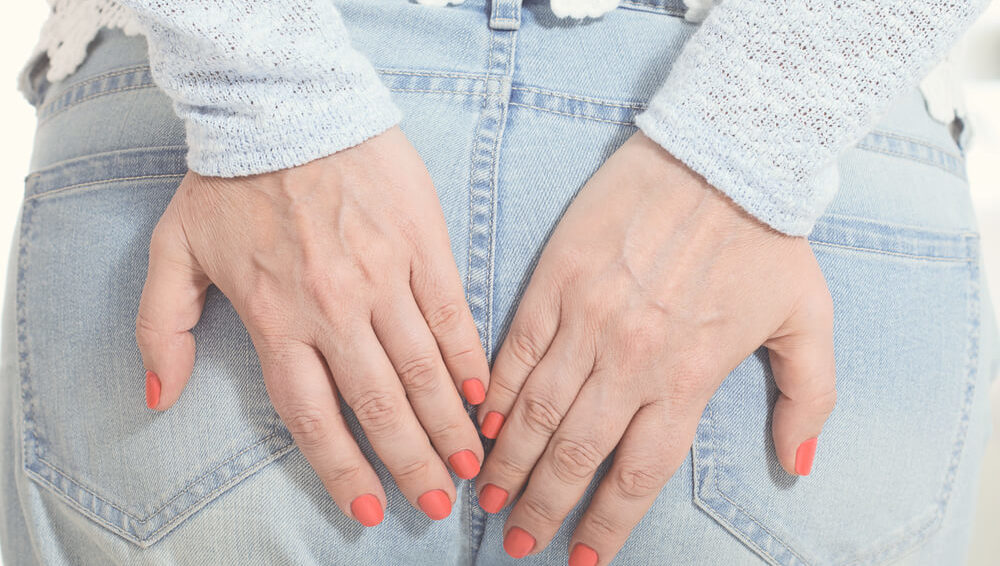Hemorrhoids during pregnancy
Yourself

Hemorrhoids are one of the symptoms that moms usually get during pregnancy. It is hard to prevent and would naturally go away after giving birth.
Hemorrhoids are swollen veins in or around the lower rectum and anus. They’re also called piles.
What can cause hemorrhoids?
Pregnancy hormones can make your veins relax, including the veins in the rectum and anus. Constipation too can cause or worsen piles.
Who can get hemorrhoids?
Hemorrhoids don’t just happen in pregnancy; anyone can get it. When you’re pregnant, hemorrhoids can occur because hormones make your veins relax.
Symptoms of hemorrhoids
- You may feel sore and itchiness in the anus
- You may feel the lumpiness of hemorrhoids around your anus
- They may also bleed a little and make going to the toilet uncomfortable or painful
- You may have pain when passing a stool and possibly a discharge of mucus afterward
- You may also feel as though your bowels are still full and need emptying
Can hemorrhoids resolve?
Hemorrhoids do usually go away within weeks after birth.
How to ease hemorrhoids
Here some of the ways you can ease your hemorrhoid symptoms:
- Ensure that your stool is soft by eating plenty of fiber-rich food like whole grain rice, fruits, and vegetables
- Drink plenty of water to prevent constipation
- Avoid standing for long periods
- Exercise regularly to improve your circulation
- Use a cloth wrung out in iced water to ease the pain by holding it gently against the hemorrhoids
- Use a lubricating jelly to gently push hemorrhoids back inside if they stick out
- Avoid straining to pass a stool as this may make your hemorrhoids worse
- Clean your anus with water or moist toilet paper
- Pad the area instead of rubbing it
- You should go see the doctor if you can’t push haemorrhoids back inside when they stick out
What else can you use to relieve hemorrhoids?
There are medicines that can help soothe inflammation around your anus. These treat the symptoms but not the cause of hemorrhoids.
Ask your doctor, midwife, or pharmacist if they can suggest a suitable ointment to help ease the pain. Don’t use a cream or medication without checking with them first.
Verified:
Dr. Wanwadee Sapmee Panyakat (OB-GYN), license no. 41208 (4 June 2019)



